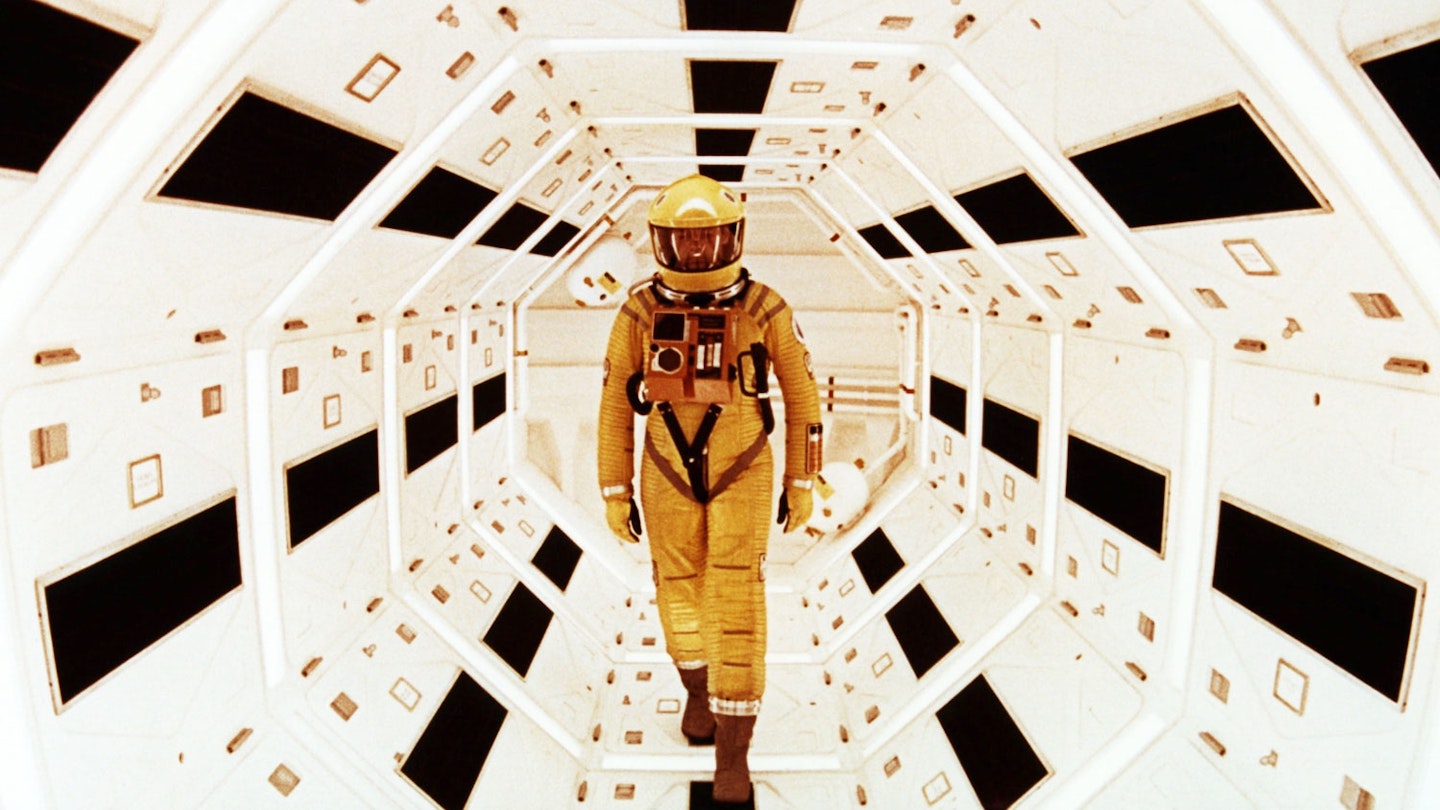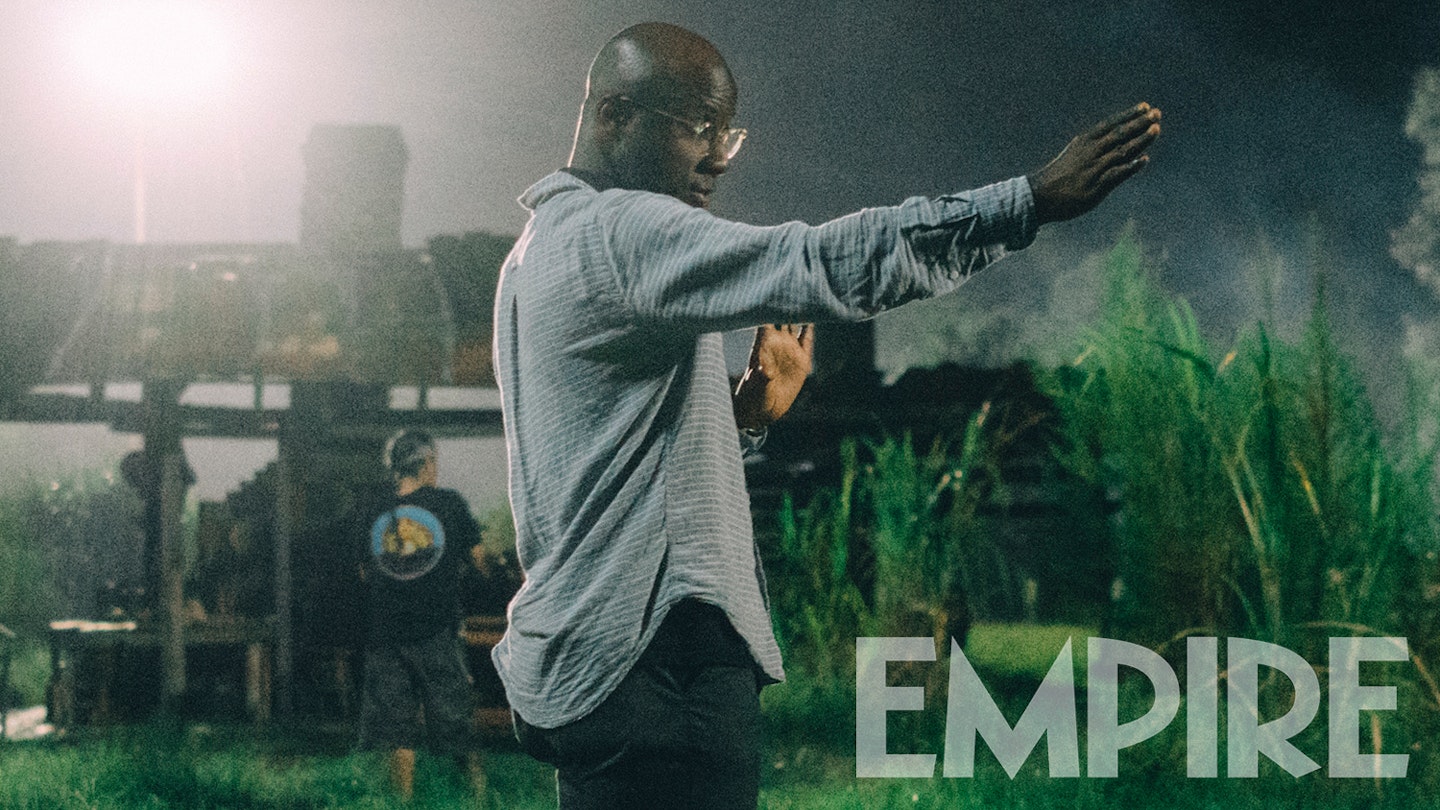The number three plays a curious role in the production of the first film in the apocalyptic triptych that would conclude with Nostalgia and The Sacrifice. Three characters pass through a landscape not wholly dissimilar to the three levels of Dante's Divine Comedy in a scenario that devised by Andrei Tarkovsky in collaboration with Arkady and Boris Strugatsky, the authors of the source novel, Roadside Picnic.
Known during its production as The Wish Machine, Stalker went through three art directors (Tarkovsky himself and the uncredited Alexander Boym and Shavkat Abdusalamov) and three cinematographers (Georgy Rerberg, Leonid Kalashnikov and Alexander Knyazhinsky). It was also delayed three times each because of natural causes (an earthquake in Tajikistan, which forced the location to relocate to Estonia; Tarkovsky's heart attack in April 1978; and a relapse while editing in February 1979) and for technical reasons (the stock used for the first Estonian shoot proved faulty and all the footage was lost; Tarkovsky's equipment had to be replaced when it was found to be deficient; and a cash shortage prompted Tarkovsky to revise the screenplay, which then had to secure official sanction).
The soundtrack even contained three pieces of classical music (by Beethoven, Ravel and Wagner) and three poems, by Arseny Tarkovsky, Fyodor Tyuchev and Tarkovsky himself, paraphrasing the Tao Te Ching.
The film was even open to three interpretations - science-fiction dystopia; political allegory; and spiritual search. Tarkovsky certainly wished to express his concerns about the future of the planet and while it's implied that the Zone had been created by a meteorite, the intervention of careless humanity can't be discounted. Tarkovsky also transferred the novel's action from North American to a nameless wilderness that had all the hallmarks of a soulless Iron Curtain environment (indeed, some even claim that Tarkovsky anticipated the Chernobyl disaster here), while the trek to the Room could also represent Stalker's struggle to find faith, an act that recalled the Arthurian quests for the Grail.
Whatever its ultimate meaning, this is a complex, challenging work of rare beauty and power whose elusiveness is part of its fascination.

